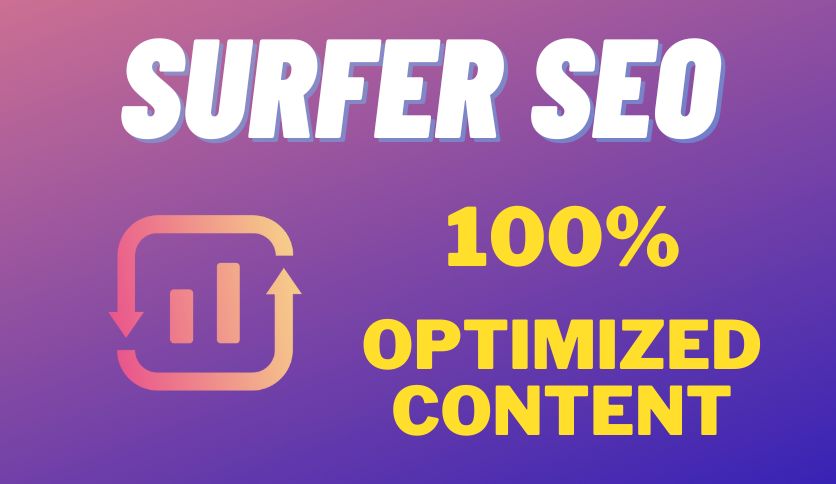Europe is creating background by making new guidelines defining how artificial intelligence can be utilized. The EU has truly started out to place their foot down to support trickle regulation across the globe.
But it is odd simply because several individuals creating these new laws do not even truly realize what AI truly is. An incredibly oversimplified description of what AI is can be described as a pc that can discover and make selections like a human.
Now, the 27 nations that make up the European Union (EU) are setting some tips to make positive that AI positive aspects absolutely everyone and does not harm individuals or invade their privacy.
This is enormous simply because it is the 1st time a massive group of nations have come collectively to develop this kind of guidelines. It really is all moving so quick.
The new guidelines are element of the “EU AI Act“, which not too long ago passed a considerable milestone by getting approval from the European Parliament, a important physique in the EU.
The subsequent stage is to iron out variations in the wording of the guidelines, and get a last model prepared ahead of the EU elections subsequent yr.
So, what do these new rules say?
- Categorizing AI Methods Based mostly on Danger: The EU AI Act methodically classifies AI methods into 4 amounts in accordance to the prospective dangers they pose, ranging from quite minimal to unacceptable. This is akin to categorizing chemical substances based mostly on their prospective hazards. For instance, an AI method that suggests songs (minimal chance) wouldn’t be scrutinized as considerably as an AI that assists in surgical procedures (substantial chance). Every group has its very own set of guidelines and safeguards to make certain that the connected dangers are appropriately managed.
- Restrictions on Specified AI Applications: The EU has recognized certain AI applications that are deemed unacceptable due to the inherent dangers they pose to society. A single of these is “social scoring,” in which AI methods assess people based mostly on numerous elements of their habits, probably affecting their social positive aspects or profession possibilities. Picture a method that tracks your each move, from jaywalking to on the internet purchases, and assigns you a score that could impact your occupation prospective customers. Moreover, the EU prohibits AI methods that manipulate or get benefit of vulnerable groups. Predictive policing, in which AI anticipates criminal habits, is also banned, as it could lead to bias and discrimination. Moreover, the use of AI for genuine-time facial recognition in public spaces is limited except if there is a considerable public curiosity, guarding citizens’ privacy.
- Transparency Demands: In the exact same way that merchandise have labels to inform customers, the EU mandates that AI methods need to disclose when end users are interacting with them. Additionally, AI methods need to indicate no matter whether the material this kind of as pictures or movies is AI-created (referred to as deepfakes). For instance, if you are engaging with a client services chatbot, it ought to explicitly inform you that you are conversing with an AI. This transparency empowers people to make informed selections concerning their interactions with AI methods.
- Penalties for Non-Compliance: The EU AI Act imposes significant fiscal penalties on firms that fail to comply with the new laws. These fines can be as substantial as $43 million or seven% of the company’s international income, dependent on which is better. To place this in viewpoint, a business with a international income of $one billion could encounter a penalty of $70 million. This serves as a robust incentive for firms to make certain adherence to the laws, and it underscores the seriousness with which the EU regards accountable AI governance.
But what about the firms that make AI? What do they believe? OpenAI, which is the business behind the groundbreaking ChatGPT, has had mixed views about regulation.
Even though they do see the relevance of some guidelines, they are also anxious that also several guidelines could make it difficult to develop and use AI efficiently. They have been speaking to lawmakers to make positive the guidelines make sense. Not positive how considerably of this is genuine discussion or just corporate lobbying.
To place it in viewpoint, Europe is not the most significant player in making AI tech – that is largely the United States and China. But, Europe is truly stepping up its game in setting the guidelines. This is crucial simply because, typically, in which Europe goes, the rest of the planet follows in terms of creating laws.
But, it is nonetheless going to get really a extended get time for these guidelines to come into impact. The EU nations, the European Parliament, and the European Commission want to finalize the specifics. Plus, firms will have some time to modify ahead of the guidelines commence applying.
Meanwhile, Europe and the U.S. are striving to make a ‘play nice’ agreement, which is like a guarantee to behave nicely when it comes to AI. This can be a guiding light for other nations, also.
Europe truly has been taking the lead in creating positive AI is utilized responsibly and does not harm individuals or their rights. Even though this is a stage in the appropriate route, it is also crucial that these guidelines enable for creativity and innovation in AI. Just like in existence, it is all about discovering the appropriate stability!
Only time will inform what laws and policies will get utilized to these firms going forward. It really is




